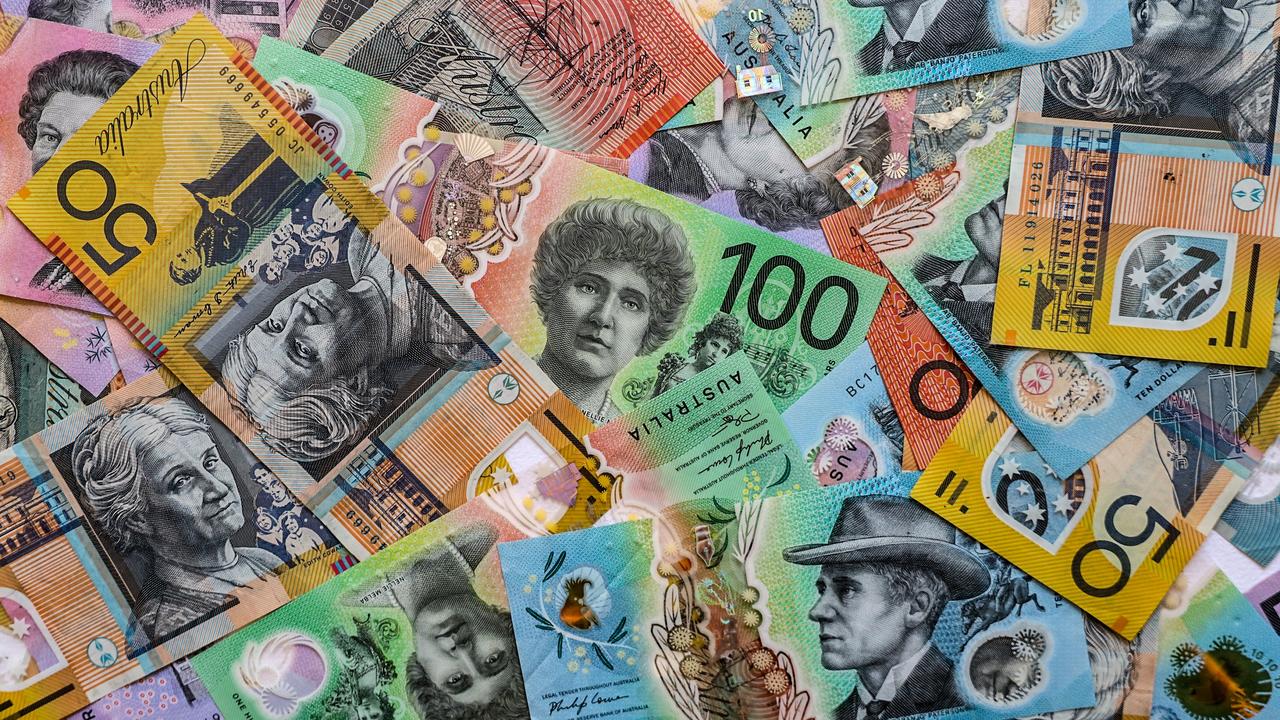Australia likely to be spared from the worst impacts of the Trump Trade, RBA
The Reserve Bank has made a major call on the potential impact of Donald Trump’s second presidency on the Australian economy.
Australia’s economic prosperity is unlikely to be directly impacted by the Trump Trade, although our central bank will be watching the fallout closely for any indirect impacts.
During a speech at the Australian Business Economist annual dinner, RBA deputy governor Andrew Hauser argued the direct impact on slated US tariffs on Australia are likely to be minimal, although the indirect impacts could be more significant.
Donald Trump, who will assume the presidency in January after last month’s decisive victory, has announced he plans to impose a 25 per cent tariff on imports from Canada and Mexico.
He said he would impose an additional 10 per cent tariff on imports from China, on top of the up to 60 per cent he proposed ahead of the election.
He had also proposed broader tariffs of 10 per cent to 20 per cent on all imports, including those from key allies and trade partners

The deputy governor said Australia’s exports with the United States are minimal, while highlighting Australia’s relative economic strengths.
“Our direct exposure to US tariffs is likely to be small,” Mr Hauser said.
“We have strong comparative advantages in raw materials and services that other countries need, both to power traditional industries and the industries of the future.”
Alluding to the tariffs placed on Australia when China increased export costs on Australian barley, beef, cotton, lamb, lobsters, timber, wine and coal, Mr Hauser said diverting resources could actually be an opportunity for Australia.
“We have a track record of nimbly reshaping our trading relationships, through a combination of market forces and proactive trade policy and negotiation,” Mr Hauser said.
“And our flexible exchange rate and independent monetary policy can serve as powerful shock-absorbers.”
Mr Hauser also highlighted the relative strength of the Australian economy, with its products likely to remain in demand.
“Australia has plentiful supplies of valuable minerals, traditional and renewable energy sources, and high-quality human capital,” Mr Hauser said.
“And we have done it before: the country has undergone at least three tectonic shifts in its export markets since Federation – from the UK/Commonwealth trade bloc, then to Asia outside China, and most recently to China.”
While the tone of his speech was overall positive, Mr Hauser said the central bank was still watching for the fallout of the Trump Trade.
“So the impact on Australian inflation is ambiguous, in large part because it depends on a far wider set of considerations than the imposition of US tariffs alone.

“Given this uncertainty, it is important that we don’t prejudge the implications of tariffs for policy but monitor developments closely and stand ready to respond appropriately as the facts emerge.
“And that is what we at the RBA will do, factoring that assessment into our overall policy judgments in the months ahead. “
AMP deputy chief economist Diana Mousina wrote in an economic note published on December 9 that higher tariffs lead to lower trade growth, which weighs on global GDP growth.
“In reality, the start of one tariff often leads other countries to retaliate by imposing their own tariffs, then causing a global trade “war” which disrupts the normal flow of goods and services and dampens economic growth,” she wrote.
“At the end of the day, the consumer loses because of higher prices, the domestic producer benefits from being able to supply more and the government benefits from additional revenue.”





